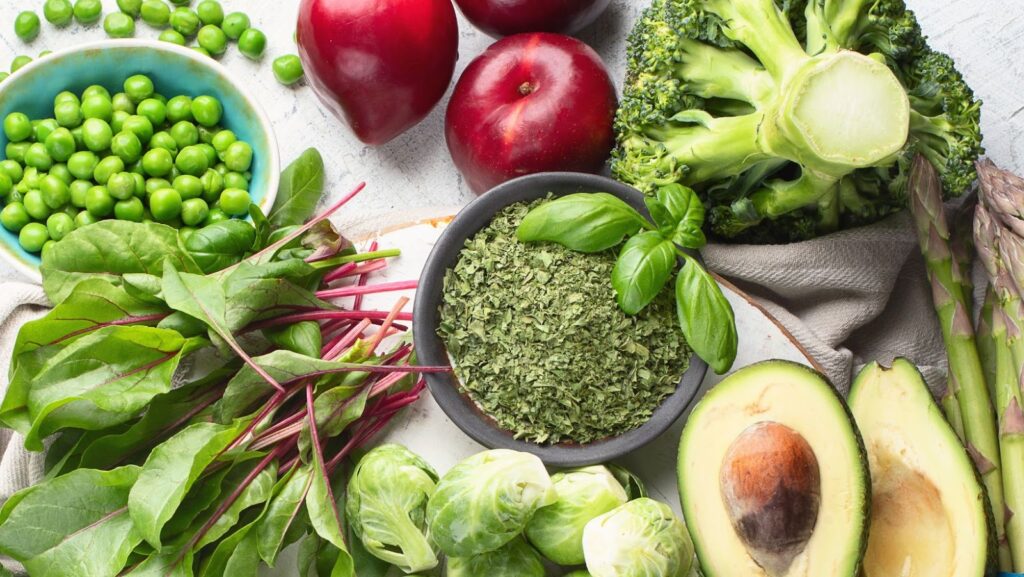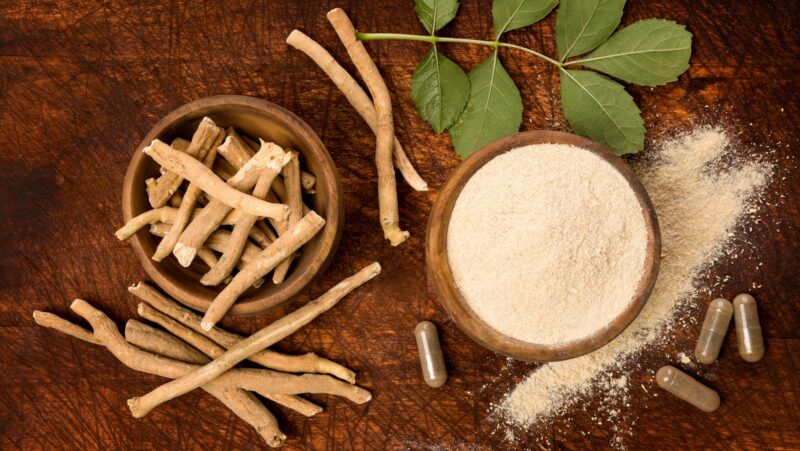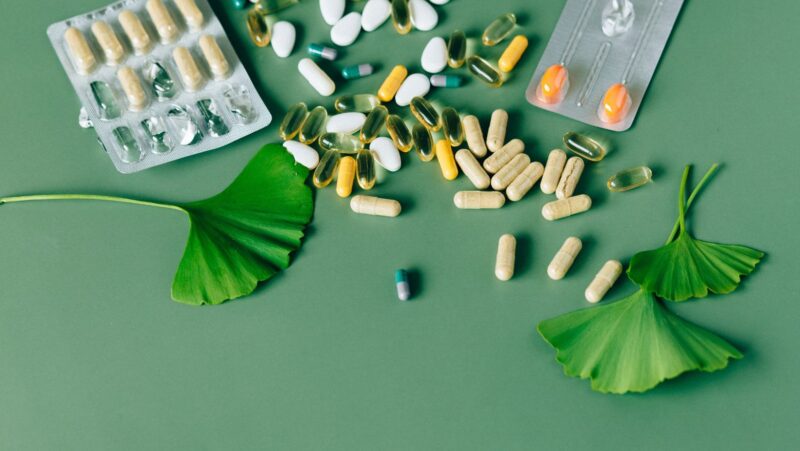
Vitamins are essential nutrients that our bodies need to function properly. They are micronutrients, meaning they are needed in small amounts.
One vitamin that is often overlooked but is important for our health is vitamin K. Vitamin K is a fat-soluble vitamin, meaning it dissolves in fat and can be stored in the body. It is found in leafy green vegetables, soybeans, and milk.
In What Chief Capacity Does Vitamin K Function?
Vitamin K has many functions in the body, but its main function is to help with blood clotting. When our bodies are injured, blood clotting is an important process that helps to stop the bleeding. Vitamin K works by helping the blood clotting proteins to do their job properly.
Vitamin K is also important for bone health. It helps to keep bones strong and healthy by working with calcium to promote bone formation. Vitamin K has also been shown to have a role in cognitive function and brain health.
It is important to note that vitamin K is not a cure-all, and it does not work like a magic bullet. It is important to eat a healthy diet and get enough exercise. However, including foods rich in vitamin K in your diet can help to ensure that your body has the nutrients it needs to function properly.
What Happens If You Don’t Get Enough Vitamin K?
If you don’t get enough vitamin K, you may be at risk for a condition called vitamin K deficiency bleeding (VKDB). VKDB can occur in newborns, children, and adults.
Newborns are at especially high risk for VKDB because they are born with very low levels of vitamin K. For this reason, it is recommended that all newborns receive a vitamin K injection at birth.
VKDB can also occur in children and adults who do not get enough vitamin K in their diets or who have conditions that interfere with the absorption of vitamin K. VKDB is a serious condition that can lead to heavy bleeding and even death.
If you think you or your child may be at risk for VKDB, it is important to see a doctor right away. Your doctor can order a blood test to check for vitamin K levels and may recommend treatment with vitamin K injections or oral supplements.
Getting Enough Vitamin K
The best way to get enough vitamin K is to eat a healthy diet that includes plenty of leafy green vegetables, soybeans, and milk. You can also take a vitamin K supplement if you feel you are not getting enough from your diet.
It is important to get enough vitamin K because it helps your blood clot and prevents excessive bleeding. Vitamin K also helps maintain strong bones and supports heart health.
If you take a blood thinner such as warfarin (Coumadin), you should not take a vitamin K supplement unless your doctor tells you to. This is because vitamin K can make warfarin less effective.
If you have any questions about whether you are getting enough vitamin K, talk to your doctor or a registered dietitian.












